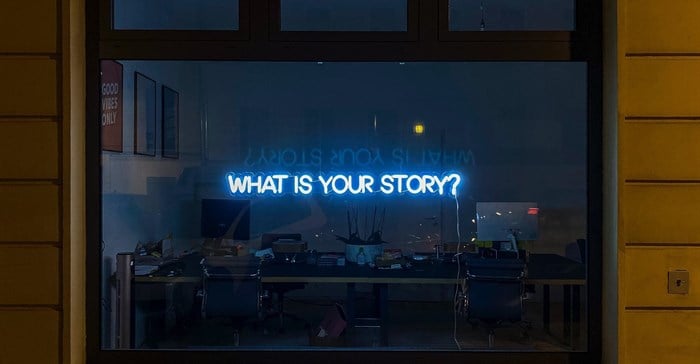#NedbankIMC2022: Making storytelling count

This has led to many conversations about how to make your work award-winning. Perhaps, though, the conversation should start shifting away from award-winning and more towards meaningful work. Presentations from experts at the recent Nedbank IMC examined this and why looking at making an impact as a brand is turning into the necessary strategy.
An era of high social conflict
Before storytelling grew to what it is today, corporate brand stories were used to draw attention to a brand. However, these stories didn’t revolve much around making them relevant to their audience and often ran in a sterile way that saw little to no feedback.
But that’s not the case today.
“We are in an era of high social conflict, which often plays out as digitally clashing political ideologies through audience engagement,” Lebo Madiba, managing director at Powerhouse PR, said. “This is what’s forcing organisations to examine their core values and how they tell their stories.”
Essentially, audiences, and particularly the discourse that arises from social media, has a lot of say in how brand conduct themselves and present their stories to connect with consumers.
The #StopShell campaign is a good example of how the public has had an impact on companies that don’t take these ideas into account. “This becomes yet another case of the people vs big corp,” Madiba said. “The accused stand to be on the losing slide of the reputation sliding scale.”
“We need to be asking ourselves: As a corporation, where are your principles standing? In a world that is ideologically polarised, a world that is savvy, a world that is hyper-opinionated, a world that has bad actors that are intent on disseminating misinformation,” Madiba said.
Essentially, brand storytelling is no longer just about crafting a narrative for the brand, but also acting as a critical lens for the corporation, the environment it is in and the impact it has on that environment.
How do you craft meaningful stories?
Looking back at the past 20 years, consumers have been exposed to products and brands depending on the kind of media they have been using with some consistent shifts in how consumers engage with brands and media.
“In the last decade, we have shifted to a social graph, where consumers get served content based on the people they follow and their connections,” said Scott Thwaites, head of emerging markets at TikTok.
From 2020, we have entered the era of content - and TikTok is a big part of this particular shift. TikTok is a culmination of many communities on one platform. Essentially, you are able to engage with people from law, fitness, food, house chores - nearly anything you can imagine. It’s a platform that exposes the user to things they might not have been exposed to before, depending on who they were following and connecting with.
The reach is also unparalleled at the moment. For example, Gold Olympic gymnast Sunisa Lee’s TikTok videos she makes reach up to 21 million viewers in 24 hours - compared to the total 17 million viewers the actual Olympics accumulated overall on TV.
@sunisalee_ @jordanchiles ♬ Cognac Queen - Megan Thee Stallion
Gen Z is slowly becoming a large target market for brand advertising - and are also the generation, alongside Millennials perhaps, that care the most about where brands stand on social awareness and environmental impact.
According to a study done by InSites Consulting, 45% of Gen Z’s in South Africa feel high levels of stress. A lot of this stress comes from social media and comparing themselves to others - which feeds into the main issue of poor mental health.
Moreover, the study also found that 71% of Gen Z in South Africa will more likely support brands that support their life goals.
But how do we make use of all this data in combination with the reach that platforms like TikTok offer?
Free Star, an alcohol free beer brand in the UK, launched a mentoring hotline for young people struggling to find jobs during lockdown. The hotline works over WhatsApp and allows users to connect with executives from BBC and Tesla to write an application letter or prepare for a job interview.
This is just one example of how a brand has made use of data and social media to connect with audiences meaningfully, on a topic that is important to them - making a difference to both individuals and the world at large.
In the end
Essentially, brand storytelling is no longer about sending out a message - but making sure you engage with their audiences meaningfully and make a real, positive impact on the world around them.
The rising reach and popularity of social media is calling for more creativity. It is not only an essential tool for messaging, but can be used to make the impact that is becoming so necessary.
At the end of the day, brands should be looking at how they can make real change - and ask themselves the question; where is my real place in the world?
Bizcommunity is a proud media partner of the Nedbank IMC






































